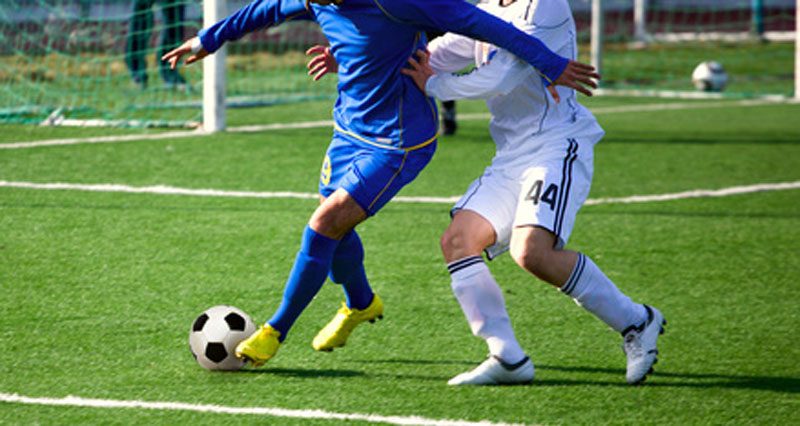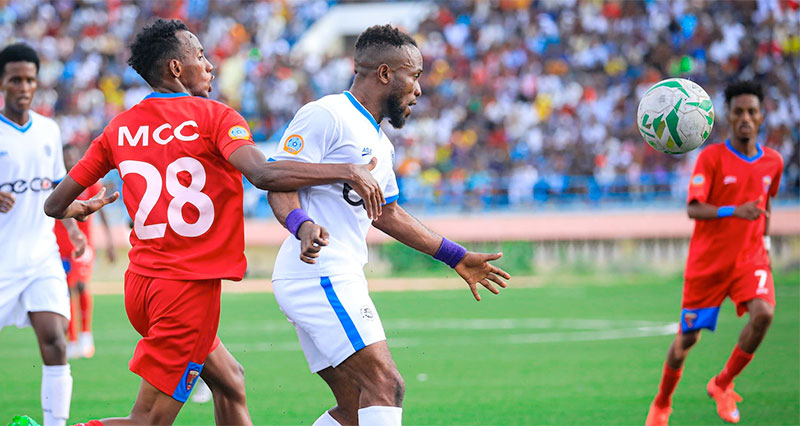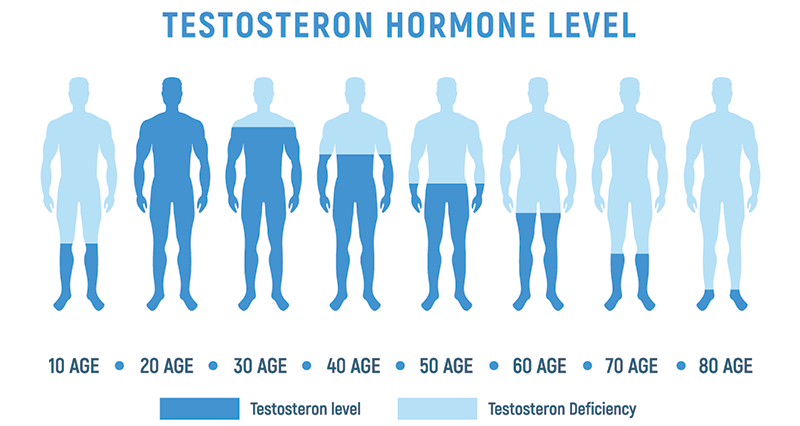As a former athlete diagnosed with ADHD later in life, I feel uniquely qualified to discuss both the benefits and challenges that come with having an ADHD/ADD brain. While ADHD presents difficulties at any age, it also offers significant advantages in the realm of competitive sports. So, is ADHD a curse or a superpower?
What is ADHD?
ADHD, or Attention Deficit Hyperactivity Disorder, is a neurodevelopmental disorder. Although it affects people differently, it is recognised by persistent patterns of inattention, impulsivity, and hyperactivity that significantly interfere with daily functioning. Individuals with ADHD may struggle with tasks requiring sustained attention, organisation, and self-control.
The curse of ADHD in athletes
In many respects, a diagnosis of ADHD is no different for a competitive athlete as any other person. Here are some ways ADHD may affect athletes:
Impulsivity
Athletes with ADHD may struggle with impulsivity, as a result, making it challenging to stick to game plans or strategies especially in team games.
Inattention and focus
In my opinion, difficulty sustaining attention and staying focused is unlikely to affect an athlete’s ability to concentrate on a game or follow instructions. The flip side, known as ‘hyperfocus’, is more likely to come into play. Difficulty paying attention during boring tasks, such as school lessons, is more likely to be a problem. I spent many maths lessons mentally rehearsing my next 400m hurdles race (and still got an A). However, failure to achieve at school can lead to lost opportunities to attend the best sporting universities, thereby indirectly affecting your sporting career.
Organisation and time management:
Athletes with ADHD face challenges organising their training schedules, managing time effectively, and coordinating their equipment and gear, which impacts their overall preparation. As a young athlete, I developed a reputation for always losing or leaving my kit behind!
Hyperactivity
Whilst hyperactivity can be problematic in the classroom, it is unlikely to pose a significant issue for most athletes—unless you play snooker or darts! However, one area where hyperactivity may cause problems is with overtraining.
Impaired Working Memory
Athletes with ADHD may struggle with working memory, affecting their ability to remember and execute complex plays, strategies, or coach instructions. However, this has not been my experience. If anything, I find the opposite to be true—unless I’m simply not interested, of course.
Inconsistency in Performance
ADHD symptoms may contribute to inconsistent performance levels, with fluctuations in attention, focus, and energy during training sessions and competitions. This is especially true for those on stimulant medication, which often only lasts for a few hours. Outside of those hours, increased fatigue and loss of motivation are possible.
ADHD Superpower for athletes
However, it’s essential to recognize that ADHD is not solely a disadvantage for athletes. Some individuals with ADHD may also exhibit strengths that are beneficial in competitive sports.
Hyperfocus:
Some athletes with ADHD experience hyperfocus, a state of intense concentration on a particular task. In certain situations, this intense focus can enhance performance and skill acquisition. This was significant for me, not just in terms of hyperfocusing and concentrating when performing highly technical skills such as pole vaulting, but also in general. I was obsessed with athletics and competitive sports. Self-discipline wasn’t a factor; I just wanted to train all the time and learn.
Athletes with ADHD may demonstrate creativity and adaptability on the field. Their ability to think outside the box and adjust quickly to changing situations is hugely advantageous.
Energetic and Enthusiastic Approach:
The high energy levels associated with ADHD often contribute to a dynamic and enthusiastic approach to training and competition. ADHD is linked to low dopamine levels in the brain, which is a motivation chemical. Therefore, the ADHD brain seeks activities that provide the dopamine hit it craves. As a result, athletes with ADHD may experience much higher levels of motivation or obsession when pursuing a goal.
Stimulant Medication & ADHD
Stimulant medication is very effective in treating the symptoms of ADHD. I know because I have had plenty of it. However, as with all drugs, there are side effects and downsides, including high blood pressure. The biggest issue for me personally is that the drugs only last a few hours. During the 6 to 10 hours when the medication is effective, it significantly enhances performance in my experience. However, outside of those hours, a complete reversal of the benefits occurs, leading to fatigue and low motivation.
This raises ethical issues that are not often discussed. For instance, if you’re an elite 100m sprinter, do you really need ADHD medication to run 100m? No! Nor do you need it to train for six hours a day. However, I believe it significantly improves physical performance and motivation.







